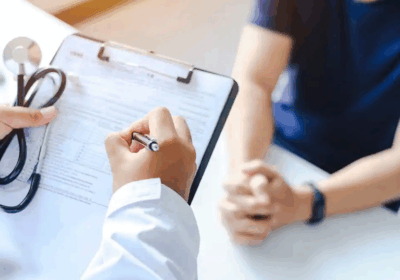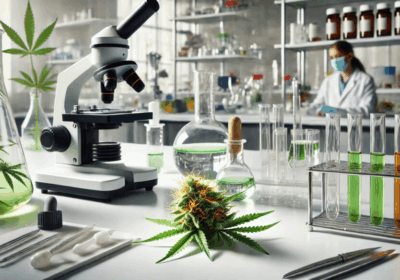
What to Expect After an Endoscopy
Endoscopy is a medical procedure that allows doctors to view the inside of a patient’s body using an endoscope, a flexible tube with a light and camera at the end. Endoscopy is used to diagnose and treat a wide range of conditions affecting the digestive system, respiratory system, and other internal organs.
Endoscopy costs can vary from one place to another. For instance, endoscopy cost in Singapore can vary depending on the procedure and other important factors. If you are scheduled to undergo an endoscopy, it is important to understand what to expect after the procedure.
After the Procedure
After an endoscopy, you will be taken to a recovery area to be monitored until the sedative or anesthesia wears off. The length of time you will need to stay in the recovery area depends on the type of sedative or anesthesia used, as well as your individual response to the medication. In most cases, you will need to stay in the recovery area for at least an hour after the procedure.
Common Side Effects
Some patients may experience side effects after an endoscopy. These side effects are usually mild and temporary, and typically resolve on their own within a few hours. Common side effects include:
- Sore throat: Many patients experience a sore throat after an endoscopy due to the insertion of the endoscope through the mouth. This discomfort usually goes away within a day or two.
- Bloating or gas: Some patients may experience bloating or gas after an endoscopy due to air that was introduced during the procedure. This discomfort usually goes away within a few hours.
- Nausea or vomiting: Some patients may experience nausea or vomiting after an endoscopy due to the sedative or anesthesia used during the procedure. This discomfort usually goes away within a few hours.
Serious Side Effects
While serious side effects are rare, they can occur after an endoscopy. If you experience any of the following symptoms after the procedure, it is important to seek medical attention right away:
- Severe abdominal pain
- Chest pain or difficulty breathing
- Dizziness or fainting
- Bleeding
- Fever
Recovery Time
The length of time it takes to recover after an endoscopy depends on several factors, including the type of procedure performed and your individual response to the procedure. In general, most patients are able to resume their normal activities within a day or two after an endoscopy.
Your doctor will provide you with specific instructions for your recovery period, including any dietary restrictions, medication instructions, and activity limitations. It is important to follow these instructions closely to ensure a smooth and speedy recovery.
When to Seek Medical Attention
In some cases, complications can occur after an endoscopy. If you experience any of the following symptoms, it is important to seek medical attention right away:
- Severe abdominal pain or swelling
- Chest pain or difficulty breathing
- Vomiting blood or material that looks like coffee grounds
- Black, tarry stools
- Fever or chills
These symptoms may be a sign of a more serious complication such as bleeding, perforation of the digestive tract, or infection. Prompt medical attention is necessary to prevent further complications.
Conclusion
Endoscopy is a safe and effective procedure that can be used to diagnose and treat a wide range of conditions. While most patients experience little to no discomfort during the procedure, it is important to understand what to expect after the procedure to ensure a smooth recovery. By following your doctor’s instructions closely and seeking prompt medical attention if necessary, you can minimize the risk of complications and ensure a successful outcome.

















